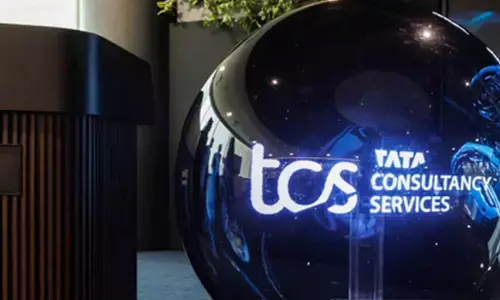Rising workloads lead to employees prioritising skills growth, adopt AI

As workers face heightened uncertainty, rising workloads and continue to face financial stress, they are prioritising skills growth and embracing new and emerging technologies such as GenAI to turbocharge their growth and accelerate their careers. The findings suggest that job satisfaction is no longer enough. Employers must ensure they are investing in their employees and technological platforms to mitigate employee pressures and retain the brightest talent.
New Delhi: As workloads increased significantly in the past year, employees worldwide are embracing artificial intelligence (AI) and prioritising skills growth amid an accelerating pace of change, a new report has revealed.
While almost half (45 per cent) of surveyed workers said their workload has increased significantly in the past year, almost two-thirds (62 per cent) said the pace of change at work has increased over the same time, according to the ‘PwC 2024 Global Workforce Hopes & Fears Survey’.
More than one-quarter (28 per cent) said they are very or extremely likely to switch employers in the next 12 months – a higher proportion than during the ‘Great Resignation’ (19 per cent) in 2022, the findings showed.
“Fewer than half (46 per cent) strongly or moderately agree that their employer provides adequate opportunities to learn new skills,” said the report.
This is particularly important for workers considering leaving as two-thirds (67 per cent) said opportunities to learn new skills are a key factor in any decision to job-switch.
More than 80 per cent of workers who use generative AI daily expect it to make their time at work more efficient in the next 12 months.
“As workers face heightened uncertainty, rising workloads and continue to face financial stress, they are prioritising skills growth and embracing new and emerging technologies such as GenAI to turbocharge their growth and accelerate their careers,” said Carol Stubbings, Global Markets and Tax and Legal Services (TLS) Leader, PwC UK.
The findings suggest that job satisfaction is no longer enough.
“Employers must ensure they are investing in their employees and technological platforms to mitigate employee pressures and retain the brightest talent,” Stubbings added.
Despite the pace of change, there are also signs of optimism and engagement at work.
About 60 per cent of workers expressed at least moderate job satisfaction (up from 56 per cent in 2023) while more than half (57 per cent) of employees who view fair pay as important agree that their job is fairly paid, the report mentioned.










